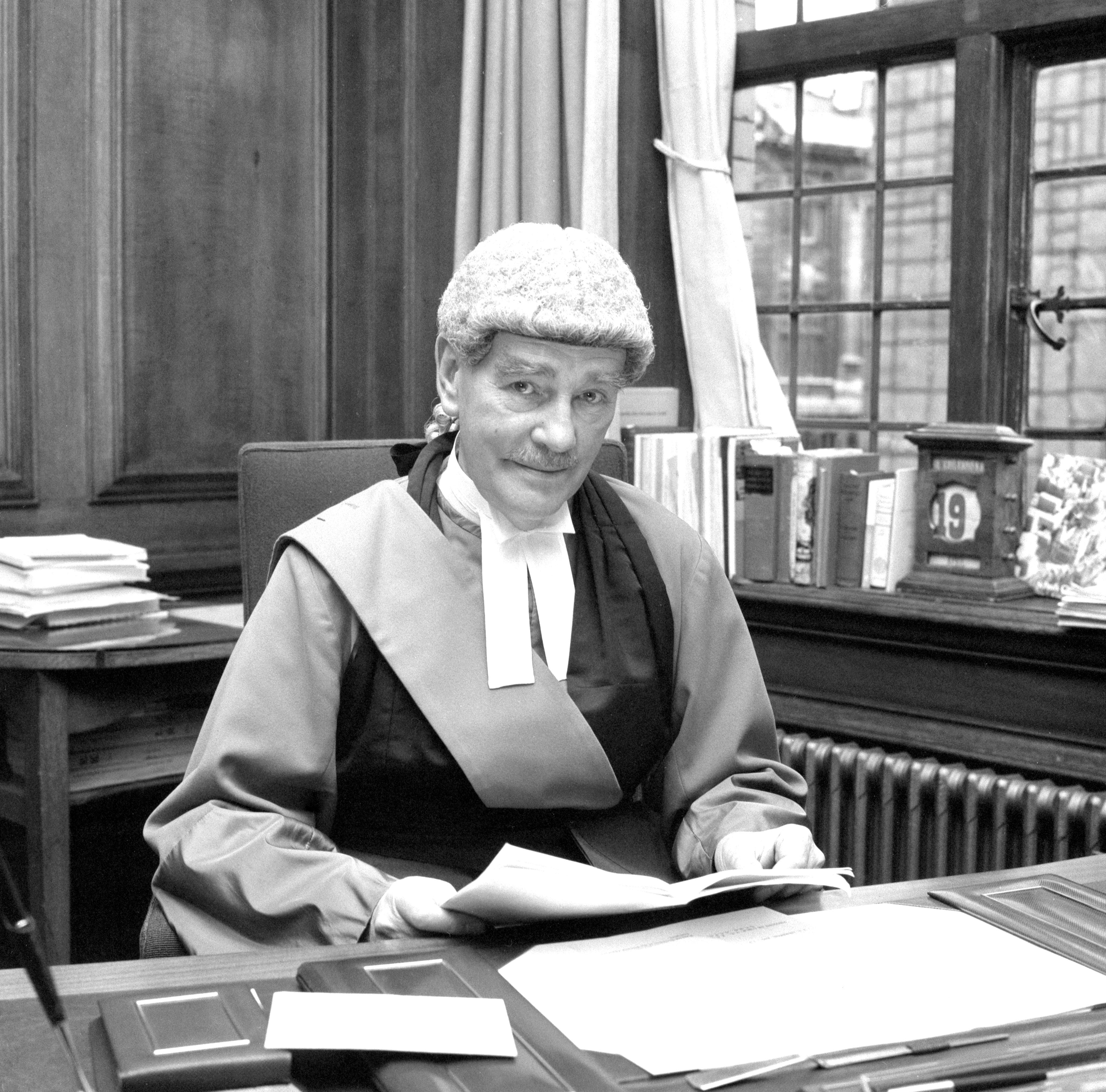Widgery ‘whitewash’ deepened wounds of Bloody Sunday
The 1972 investigation by then Lord Chief Justice John Widgery absolved the soldiers of blame.

Your support helps us to tell the story
From reproductive rights to climate change to Big Tech, The Independent is on the ground when the story is developing. Whether it's investigating the financials of Elon Musk's pro-Trump PAC or producing our latest documentary, 'The A Word', which shines a light on the American women fighting for reproductive rights, we know how important it is to parse out the facts from the messaging.
At such a critical moment in US history, we need reporters on the ground. Your donation allows us to keep sending journalists to speak to both sides of the story.
The Independent is trusted by Americans across the entire political spectrum. And unlike many other quality news outlets, we choose not to lock Americans out of our reporting and analysis with paywalls. We believe quality journalism should be available to everyone, paid for by those who can afford it.
Your support makes all the difference.For those bereaved on Bloody Sunday, the hasty judicial inquiry conducted in its aftermath deepened their wounds and left them festering for decades.
The controversial fact-finding exercise by then Lord Chief Justice John Widgery, which effectively absolved the soldiers of any blame and claimed many of the dead had been armed, has long been dismissed by victims’ families as a complete whitewash.
Their outrage at the Widgery Report, which at its most critical said the soldiers’ actions “bordered on the reckless”, spurred the subsequent campaign for a fresh investigation, which culminated in 1998 when then prime minister Tony Blair ordered the Saville Inquiry.
The late former Bishop of Derry Edward Daly, who tended to the dying as shots rang round him on Bloody Sunday, encapsulated the sentiments of many in the city when he spoke about the Widgery Report in 2010.
“I always call Widgery the second atrocity, which it was,” he said.
The inquiry had been ordered by then prime minister Edward Heath and was announced by UK home secretary Reginald Maudling the day after the shootings. He did so after telling the House of Commons that the paratroopers had acted in self-defence, returning fire after coming under attack from gunmen and bombers.
Mr Heath appointed Lord Widgery the following day and he started hearing evidence within a fortnight.
A Second World War brigadier who took part in the Normandy landings, his military background did little to instil confidence among the people of Derry that he would be impartial.
The Government’s decision not to hold the hearings in Derry but in the predominantly unionist town of Coleraine further undermined relatives’ faith before the tribunal even began.
While the subsequent Saville Inquiry took five years to gather evidence, Lord Widgery completed the task in little over a month.
Lord Saville collected 2,500 witness statements; Lord Widgery heard from 114, and a number of those who had been shot, some still recovering in hospital, were not even called. Hundreds of written statements made by other civilian witnesses were not admitted.
This prompted calls for local people to boycott the probe.
Lord Widgery’s findings were published on April 19 1972.
In short, the inquiry exonerated the soldiers who fired the rounds and claimed there were strong suspicions that some of those killed had been discharging weapons or handling bombs on the day.
The conclusions provoked outrage in Derry and acted as a powerful catalyst for the families’ long campaign for justice.
It would be almost 40 years before the findings were overturned with the publication of the Saville Report.